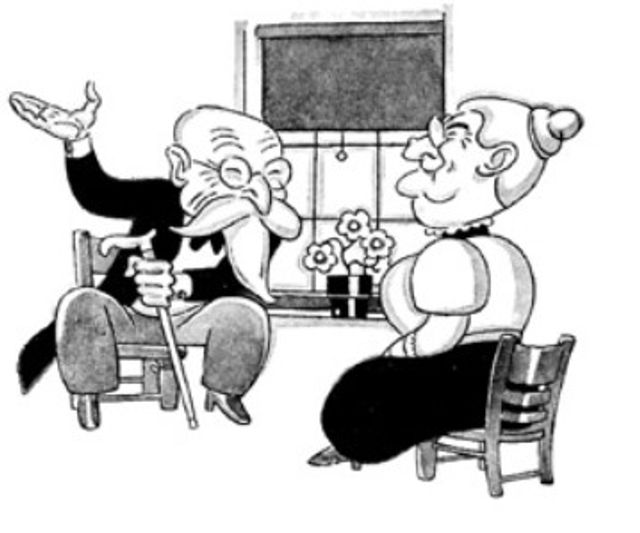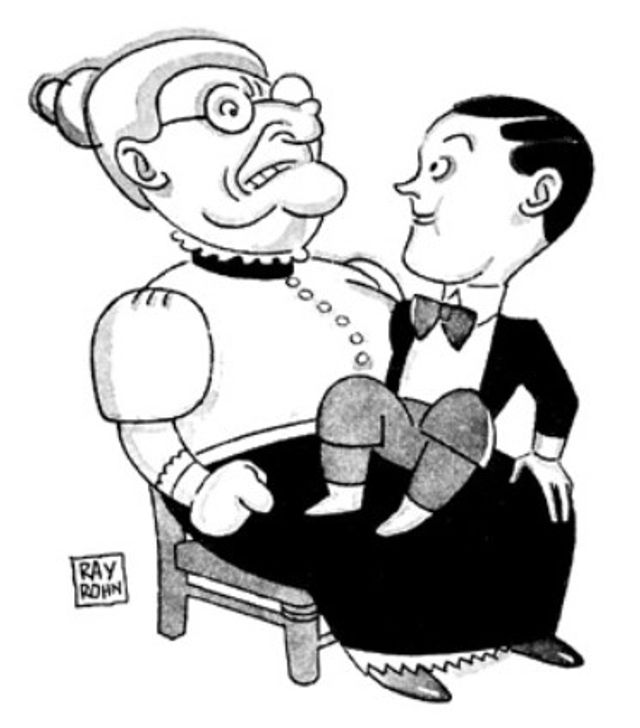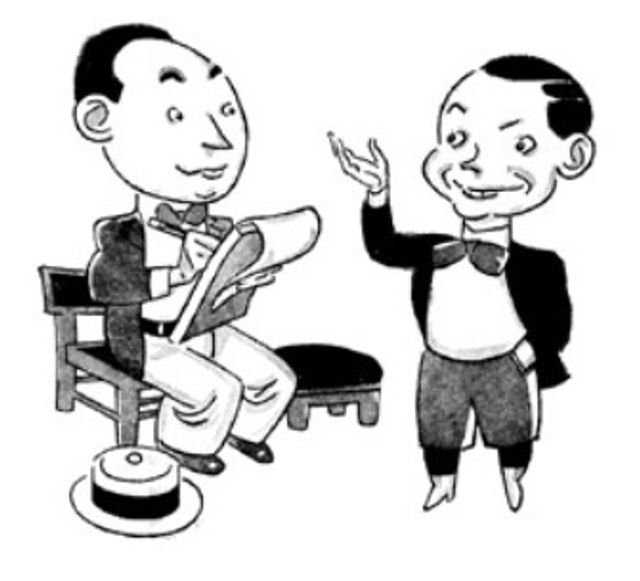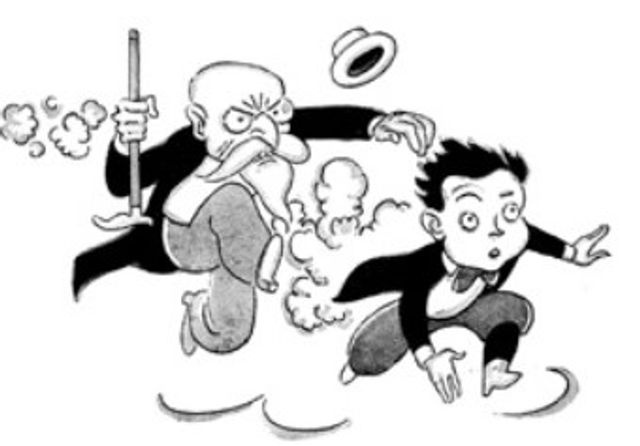-
Vijay Fafat
- Published on
If you have a story’s tagline as…
“I assure you that I am not an unduly formal woman, but I consider it decidedly undignified for a dean of a co-educational college to hold a Professor of Higher Mathematics on her lap.”
…then one might be forgiven for expecting a rib-tickling episode to follow. Then again, if the story appears in something called “College Humor”, such expectations must be naturally tempered…
President Tillen and Adella Dean are 2 aging faculty members of Dallings College who decide that it would somehow be a good idea to hire an 8-year old mathematical prodigy, Danis Barst, as the Chair of Higher Mathematics in the College. And who is Danis Barst?
“The infant prodigy, my dear Dean Dean,” he said. “The mathematical-geometrical algebraic infant phenomenon. The eight-year-old boy who is one of the twelve human beings who understands the Einstein Theory. The child who, given a problem in differential calculus that would have taken our late poor dear Professor Wurtzburgzinn a week to solve, gives the solution in three seconds,” said President Tillen.
“Yes, yes,” I said, for I remembered the details quite well now. “If thirty-six numbers, each of nine figures, are written on a blackboard, the young man — aged eight, as you say — gives the sum total, the total of all the numbers multiplied together, the square root of each, the square and cube root of the total and the greatest common denominator of all, and gives it the instant the last figure is chalked on the board.”
[…]
“I have a letter here from Orson Plantagenet Wall,” said President Tillen. “He says: ‘With all his miraculous mathematical phenomenality, Danis Barst is unspoiled. In mathematics he is a million years old; in all else he is real boy. Foremost among the mathematicians of all ages by some strange gift, he is — when not mathematizing — not highbrow, not a puny weakling all run to brain, but a healthy, hearty American boy.”
Plus “the uncle of Danis Barst is Endrow Fullert, the corn cure billionaire. If I can wangle a million dollar endowment out of him…”…
So of course, this boy becomes the lord of mathematics at the college but ends up creating fracas with his non-mathematical activities of innocence, leading to an unceremonious departure. Ms Adella, the narrator, concludes:
“I am willing to say now that I do not believe that children under ten are desirable as college professors. Eight is too young and, if I could have my way, only the steadier sort of prodigies under twelve would be given professorships.”
The concept had enormous potential and could have followed the footsteps of Willan & Searle’s “Molesworth” or Humphry Ellis’ “A.J. Wentworth”. But did not and the story did not turn out to be funny for the most part, though some of the dialogues have sparkle. Very little mathfiction.



